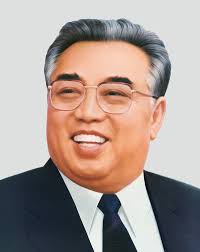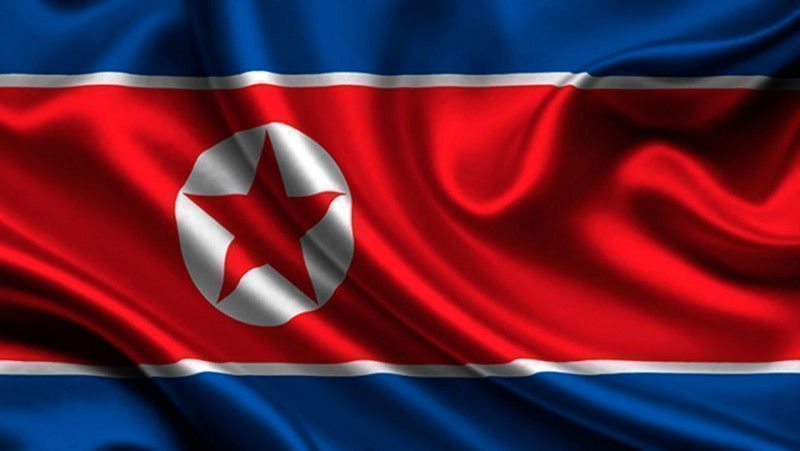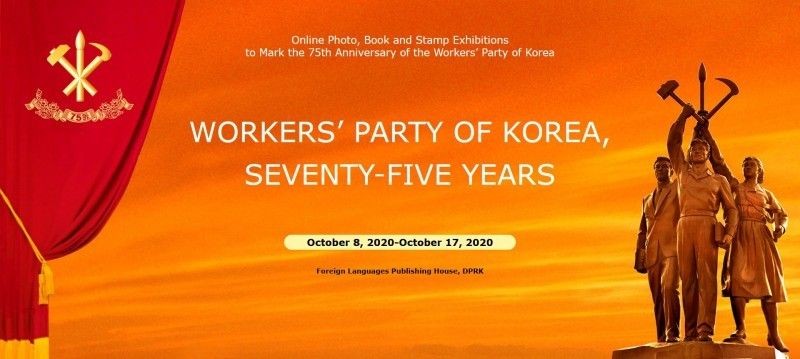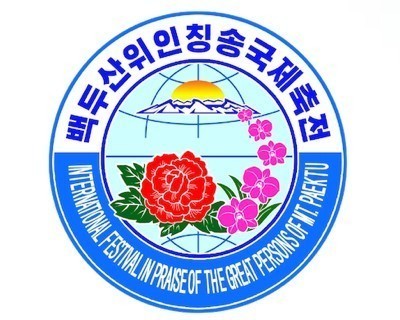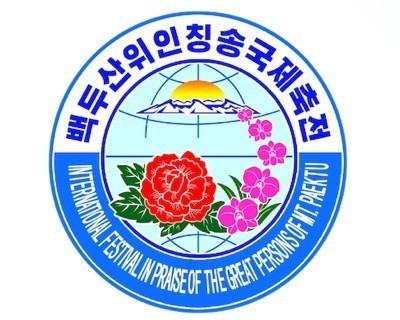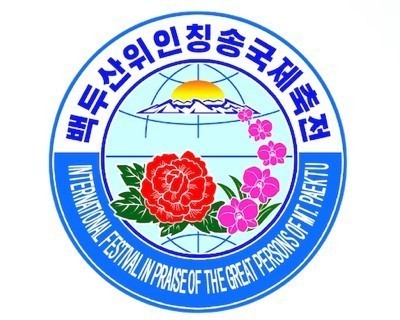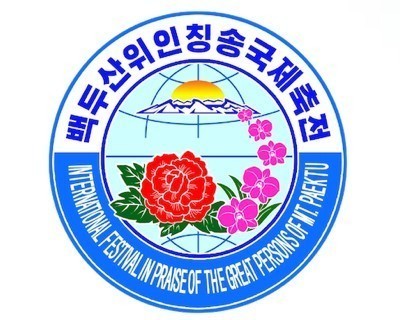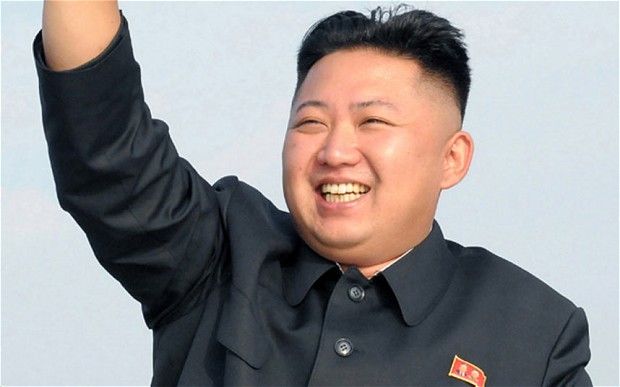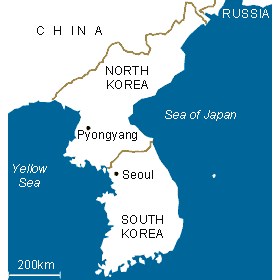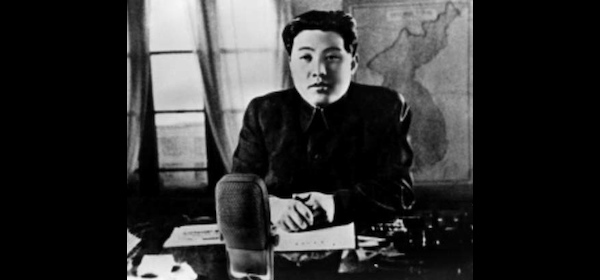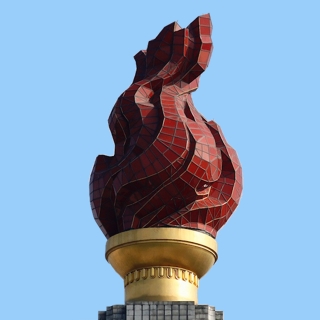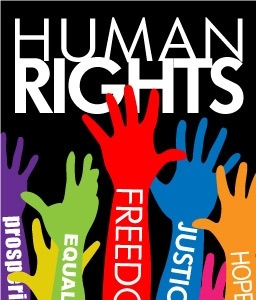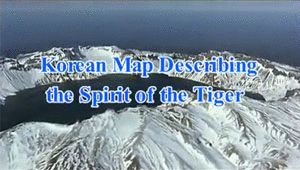IT IS a great pleasure for me to make a short speech about the grand exploits performed by H.E. President Kim Il Sung at the Asia-Pacific Regional Internet Seminar on behalf of the Bangladesh-Korea Friendship and Solidarity Committee.
President Kim Il Sung (1912-1994) was the founder of socialist Korea.
He authored the Juche idea and Songun idea which are the guiding ideologies of socialist Korea.
He embarked on the road of revolution at an early age with an ambition to win back the sovereignty of the country deprived by the Japanese imperialism and proclaimed the founding of the Juche idea and Songun idea at the Kalun meeting held in June 1930. The Juche idea advocates that the masses of the people are the masters and driving force of the revolution and construction; in other words, one is the master of one’s own destiny and has the power to shape it. The Songun idea requires to push ahead with the revolution and construction by holding up the army as the main force of the revolution and construction on the principle of giving precedence to military affairs.
The Korean people have advanced the revolution and construction under the banner of the Juche idea and Songun idea. It can be said that all the victories they have achieved up to now are attributable to the Juche idea and Songun idea.
Kim Il Sung founded the Korean People’s army (KPA) which constitutes the solid military foundation of socialist Korea.
On April 25, 1932, he organized the Korean People’s Revolutionary Army (KPRA), a standing revolutionary armed force, whose mission it was to achieve the national independence and social emancipation of the Korean people. The KPRA dealt severe strikes at the Japanese imperialist aggressors by dint of flexible guerrilla tactics though it could not enjoy the backing of the state and a regular army. On August 9, 1945, it launched the final offensive for the liberation of Korea. Unable to resist the powerful advance of the KPRA and all-people armed revolts which broke out in parallel with it in Korea, Japanese imperialism declared unconditional surrender on August 15.
After the country’s liberation, Kim Il Sung paid primary attention to the building of modern, regular armed forces in view of the prevailing grim situation in which a war might break out at any time by the US imperialists who occupied the southern half of Korea. Thanks to his energetic leadership, the Korean People’s Revolutionary Army was developed into the regular Korean People’s Army in February 1948.
He led the KPA to win a historic victory in the Korean war (1950-1953) ignited by the United States. After the ceasefire, he directed great efforts to strengthening the KPA into an invincible army.
Kim Il Sung founded the Workers’ Party of Korea (WPK) as the guiding force of socialist Korea.
He launched revolutionary struggle with forming the Down-with-Imperialism Union on October 17, 1926. The formation served as the starting point of the founding of the WPK. He advanced the unique line of organizing the Party independently, in such a way as to form its grass-root organizations first and expand and strengthen them and in close combination with the anti-Japanese struggle. And he steadily pushed ahead with the preparations for founding it in the flames of the grim anti-Japanese armed struggle. On the basis of these preparations, he could organize the WPK on October 10, 1945, shortly after the liberation of Korea.
The WPK has organized and guided all the victories of the Korean people, thus writing a new, brilliant chapter of history in the accomplishment of the cause of independence of the masses of the people, the cause of socialism.
Kim Il Sung founded the Democratic People’s Republic of Korea (DPRK), which is the first people’s country in the 5,000-year-long history of the Korean nation.
After the country’s liberation, he called on all the people to turn out in the building of a new democratic Korea-those with strength contributing strength, those with knowledge offering knowledge and those with money donating money. He created solid foundations for building people’s power by ensuring that liberated Korea enforced law on agrarian reform, labour law, law on nationalization of major industries and law on sexual equality and democratic reforms in other realms in 1946, the year after the liberation.
However, the US occupation of southern half of Korea put a spoke in the wheel of the independent and unified progress of the Korean people. Coping with the situation, Kim Il Sung convened a conference of the leaders of political parties and public organizations in the north and south of Korea in June 1948 at which he proposed electing a supreme people’s assembly as the all-Korea highest legislative organ and, on basis of this, founding a unified central government.
In pursuance of his proposal, elections to the supreme legislative organ were held involving all the Korean people from the north and south and the DPRK was established on September 9, 1948. this signified the birth of the first people’s democratic state in the east. He, then, developed the DPRK into a powerful socialist country with invincible viability.
The three-year Korean war reduced Korea to debris. He advanced the line of giving priority to heavy industry while developing light industry and agriculture simultaneously as the main line of economic construction and roused the people to the postwar rehabilitation. He also wisely led the transformation of the economic forms in urban and rural areas along socialist lines, with the result that socialist system was established in Korea in August 1958. Korea brought postwar rehabilitation to completion in a matter of three years and carried out the historical task of industrialization in 14 years from 1957 to 1970.
Under his leadership Korea built socialism which enjoys absolute support from its people. In the country the people enjoy the benefits from the systems of universal 11-year free compulsory education, universal free medical care, paid leave, recreation and other people-oriented policies enforced at the state expense. The country provides the people with dwelling houses free of charge. It abolished tax system once and for all in 1974 to become the first tax-free country in the world.
Towards the close of the last century socialism collapsed in several countries. However, socialism was staunchly defended and advanced in grim situations, winning victory on after another mainly because President Kim Il Sung had built socialism with eternal viability in Korea.
It is quite natural that he should be praised as the founder of socialist Korea.
H.E. President Kim Il Sung will forever be with us.
Long live the immortal revolutionary exploits of President Kim Il Sung!'***
Md. Harun Rashid
Chairman, Bangladesh-Korea Friendship and Solidarity Committee
Chairman, Bangladesh Preparatory Committee for “Gathering 2017-Praise to the Great Persons of Mt Paektu”

